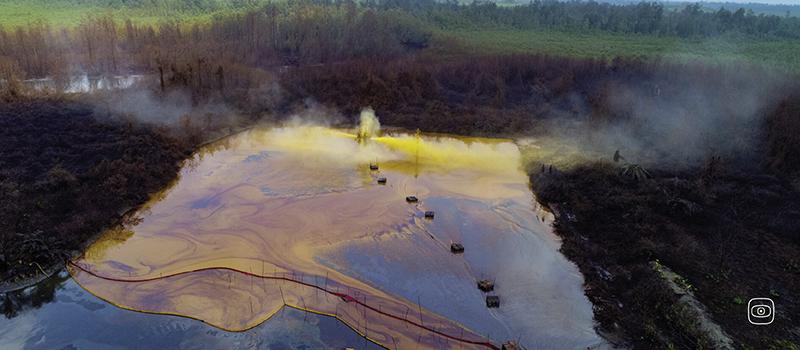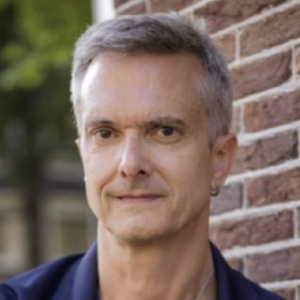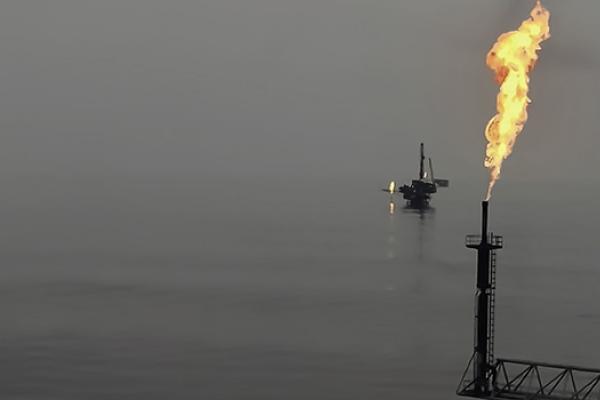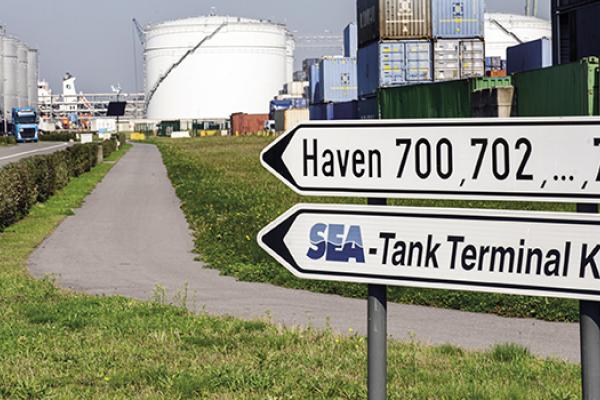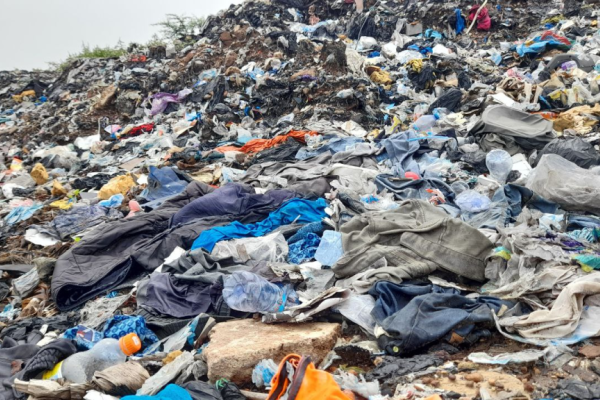The Niger Delta is one of the most oil-polluted areas in the world. For the past five decades, the region has experienced the equivalent of an Exxon Valdez spill every single year. Shell’s operations are particularly culpable for this pollution; the company has publicly reported more than 1,000 oil leaks since 2011.
The impact on local communities has been devastating. Many residents rely on farming and fishing as their sole source of food and income, but oil spills have ruined fishing grounds and damaged the land, causing widespread poverty and hunger. Health consequences are dire as well—a study found oil contamination linked to Shell’s operations caused 16,000 infant deaths in a single year.
For half a century, the Anglo-Dutch major largely evaded responsibility, dragging out cases through procedural maneuvers and appeals. But in recent years, Shell’s luck in court has changed as activists shifted strategy, suing the company in its home countries. In 2015, Shell lost a $72m case brought by the Nigerian community of Bodo. In 2021, a Dutch court ruled against it, paving the way to a $19.5m settlement. Then, last November, a UK court ruled that 13,000 claimants had standing in its jurisdiction, opening the door to what could be the most costly judgment yet.
Just months later, Shell announced its intent to sell its Nigerian subsidiary, Shell Petroleum Development Company (SPDC), to a local consortium called Renaissance. Shell says the move is part of its plan to reduce its planet-warming emissions, but local and international observers, and attorneys who’ve litigated against Shell, see something else at work in the sale of SPDC: Getting the subsidiary off the parent company’s books absolves it from potential future liability resulting from continued malfunctions of SPDC’s old, and some say shoddy, equipment. That’s because Nigerian companies can only be sued in Nigerian courts, where for a host of practical and financial reasons it’s very difficult for folks in remote areas to bring. And the costly task of decommissioning aging infrastructure that’s no longer profitable–but still dangerous–will fall to Renaissance instead.
As oil giants continue offloading polluting assets worldwide, the case raises urgent concerns about corporate responsibility and environmental justice.
On the right: Photograph by Modest Franco.
IMPACT
The Bloomberg article added to the broader discussion around Shell’s sale of its Nigerian onshore subsidiary and has acted as a fulcrum for civil society pressure and scrutiny. This exposé ignited a national dialogue in Nigeria, with local media and policymakers closely scrutinizing Shell’s plan. It also sparked conversations across the oil-producing Niger Delta, where communities questioned why the deal was being rushed without addressing long-standing environmental damage.
The investigation mobilized local communities and activists. Petitions circulated calling for environmental impact checks and community consultations. Ledum Mitee (formerly of MOSOP) and other leaders pressured authorities to enforce judicial orders and delay asset transfer. Coverage also spurred additional legal scrutiny, with activists demanding the regulatory authority to refuse Shell's divestment requests.
Eventually, High Court trial found that Shell plc and former Nigerian subsidiary can be held legally responsible for legacy oil pollution in Nigeria. Leigh Day, the law firm which acted as the lead solicitor for affected Niger Delta communities, building this legal case that convinced the High Court to hold Shell International and its Nigerian subsidiary liable for widespread oil pollution, has previously shared the Bloomberg article on their social media account.
